Description
“Dadabhai Naoroji: Political Thinkers of Modern India” by Verinder Grover is a comprehensive and insightful exploration of the life and contributions of Dadabhai Naoroji, a prominent figure in India’s struggle for independence. Naoroji, often referred to as the “Grand Old Man of India,” was a pioneer in the fight against British colonial rule and a visionary leader who laid the foundation for modern India’s economic and political development. In this biography, Grover provides a detailed account of Naoroji’s life, tracing his journey from his early years in Bombay to his pioneering work as an economist, politician, and social reformer.
Grover’s biography offers a compelling narrative that sheds light on Naoroji’s vision and ideas, which had a profound impact on India’s national consciousness. By delving into Naoroji’s personal and professional life, the author explores the key events, experiences, and intellectual influences that shaped his worldview. Through meticulous research and analysis, Grover brings to life the complexities of Naoroji’s character and the historical context in which he operated, offering readers a nuanced understanding of this remarkable figure.
Grover skillfully distills the essence of Naoroji’s life and accomplishments, condensing the vast amount of information presented in the biography. The summary provides a concise overview of Naoroji’s early years, his education in England, and his subsequent engagement with political and social issues. It highlights his role as a leading voice for Indian representation in the British Parliament and his tireless efforts to expose the economic exploitation of India by the colonial rulers.
Grover outlines Naoroji’s groundbreaking contributions to economic theory, particularly his concept of the “Drain Theory,” which exposed the economic drain caused by British policies and the unequal trade relationship between India and England. The summary also covers Naoroji’s involvement in various organizations and movements, such as the Indian National Congress, and his advocacy for women’s rights, education, and social justice.
Grover examines the strengths and weaknesses of the biography, offering an objective assessment of the author’s research, interpretation, and presentation of Naoroji’s life. The author commends Grover for his meticulous research and extensive use of primary sources, including Naoroji’s letters, speeches, and articles, which enrich the narrative and provide valuable insights into the subject’s thoughts and motivations.
Grover’s analysis explores Naoroji’s intellectual legacy and the relevance of his ideas in contemporary India. The author evaluates the impact of Naoroji’s economic theories on subsequent generations of Indian economists and policymakers, highlighting their enduring significance. Grover also critically examines Naoroji’s political strategies and alliances, shedding light on the challenges he faced within the Indian National Congress and his evolving stance on various issues, such as the partition of Bengal.
Grover situates “Dadabhai Naoroji: A Biography of His Vision and Ideas” within the broader landscape of existing literature on Naoroji’s life and the Indian independence movement. The author compares Grover’s biography to other notable works, such as R.P. Masani’s “Dadabhai Naoroji: The Grand Old Man of India” and Dinyar Patel’s “Naoroji: Pioneer of Indian Nationalism.”
Grover’s biography distinguishes itself through its comprehensive scope, meticulous research, and nuanced portrayal of Naoroji’s ideas and their historical context. The author’s analysis of Naoroji’s economic theories and their lasting impact is particularly noteworthy, offering a fresh perspective on this influential figure. However, the comparison also reveals areas where other works may provide alternative viewpoints or delve deeper into specific aspects of Naoroji’s life.
Grover explores the interpretation of Naoroji’s life and the underlying themes that emerge from his biography. The author identifies key themes such as nationalism, economic justice, and the intersection of social reform and political activism. Grover emphasizes Naoroji’s unwavering commitment to the ideals of democracy and equality, which permeated his work as an economist and politician.
The author also delves into Naoroji’s role as a bridge between India and the West, examining how his experiences in England shaped his worldview and his efforts to foster understanding and collaboration between the two cultures. Grover highlights Naoroji’s tireless advocacy for Indian representation in the British Parliament as a means of challenging colonial rule and asserting India’s rightful place on the global stage.
Grover’s portrayal of Dadabhai Naoroji as the central character in his biography is thorough and multifaceted. The author presents Naoroji as a man of exceptional intellect, integrity, and moral courage, driven by a deep sense of justice and a burning desire to uplift the people of India. Grover meticulously traces the development of Naoroji’s character, from his formative years in Bombay to his experiences as a student in London and his later involvement in public life.
The biography not only explores Naoroji’s public persona but also delves into his personal life, revealing the complexities and struggles he faced as a husband, father, and leader. Grover provides valuable insights into Naoroji’s relationships with his family, friends, and political allies, illuminating the human dimension behind the historical figure.
About the Author:
Verinder Grover, the author of “Dadabhai Naoroji: A Biography of His Vision and Ideas,” is an accomplished historian and researcher with expertise in Indian history and the independence movement. Grover’s passion for the subject matter is evident in his meticulous approach to research and his ability to present complex ideas in a clear and engaging manner.
Grover’s previous works have garnered critical acclaim for their scholarly rigor and nuanced analysis. His expertise in the field of Indian history, combined with his accessible writing style, makes him a trusted authority on the subject. Through this biography, Grover contributes significantly to the body of literature on the Indian independence movement and the key figures who shaped it.
Grover’s writing style is scholarly yet accessible, making “Dadabhai Naoroji: A Biography of His Vision and Ideas” engaging for both academic readers and general enthusiasts of Indian history. The author combines historical analysis with narrative storytelling, weaving together Naoroji’s personal and professional life to create a compelling and comprehensive portrait.
Grover’s prose is clear, concise, and free from unnecessary jargon, making the biography approachable to readers from diverse backgrounds. The author’s meticulous attention to detail and his ability to contextualize events and ideas within a broader historical framework contribute to the book’s overall readability.
What People Say About This Book:
“Dadabhai Naoroji: A Biography of His Vision and Ideas” has garnered widespread acclaim from readers and scholars alike. Many have praised Grover’s meticulous research and his ability to bring Naoroji to life as a dynamic and influential historical figure. The biography has been lauded for its comprehensive coverage of Naoroji’s life and ideas, providing readers with a nuanced understanding of his contributions to India’s struggle for independence.
Readers have also commended Grover’s balanced approach in presenting different perspectives and interpretations of Naoroji’s legacy, allowing for a more holistic and informed reading experience. The book’s accessibility and engaging writing style have been cited as major strengths, enabling a wide range of readers to appreciate and connect with Naoroji’s story.
- Meticulous research and extensive use of primary sources
- Comprehensive coverage of Naoroji’s life and ideas
- Nuanced portrayal of Naoroji’s character and historical context
- Clear and accessible writing style
- Engaging narrative that combines storytelling with historical analysis


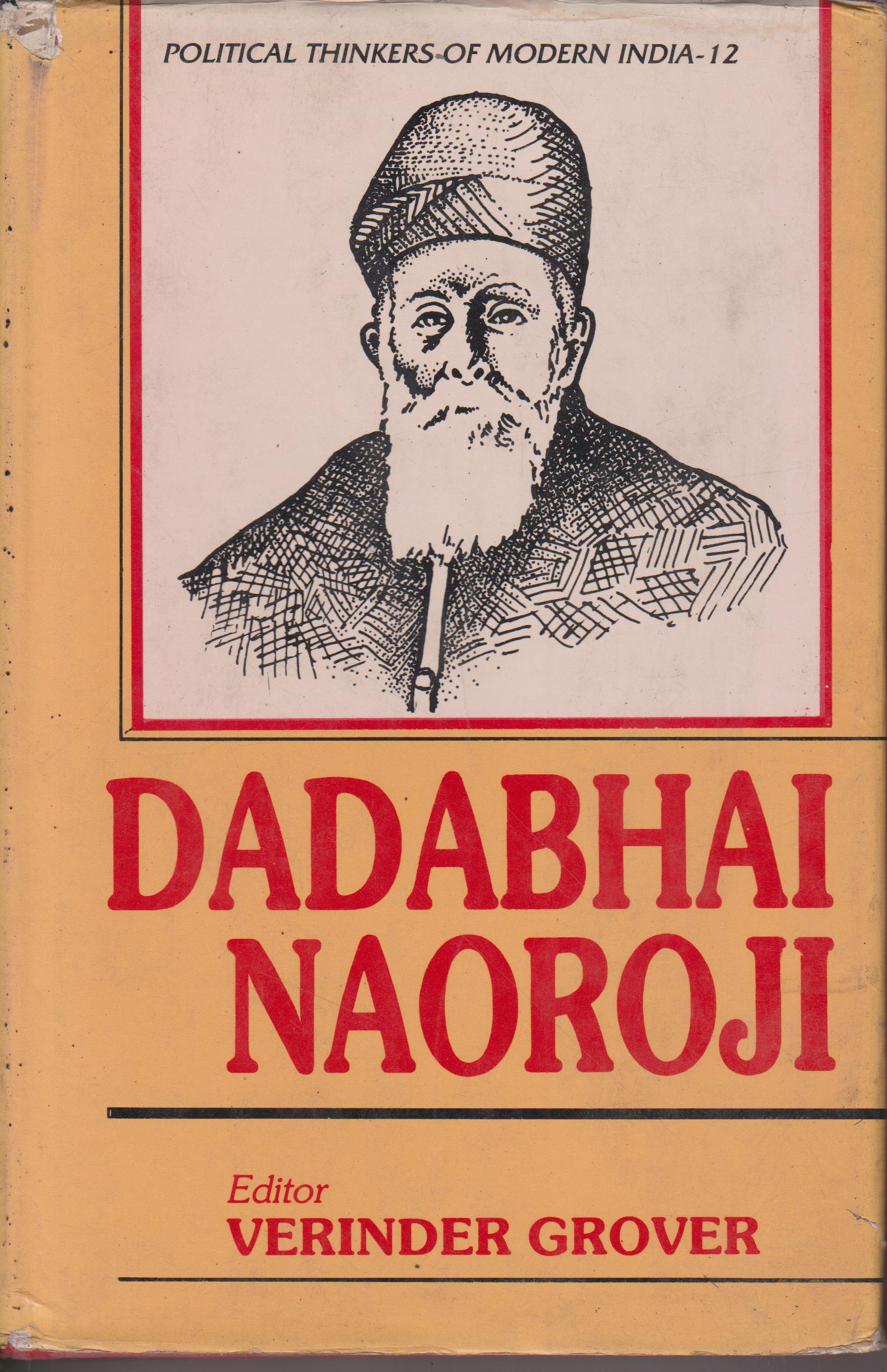
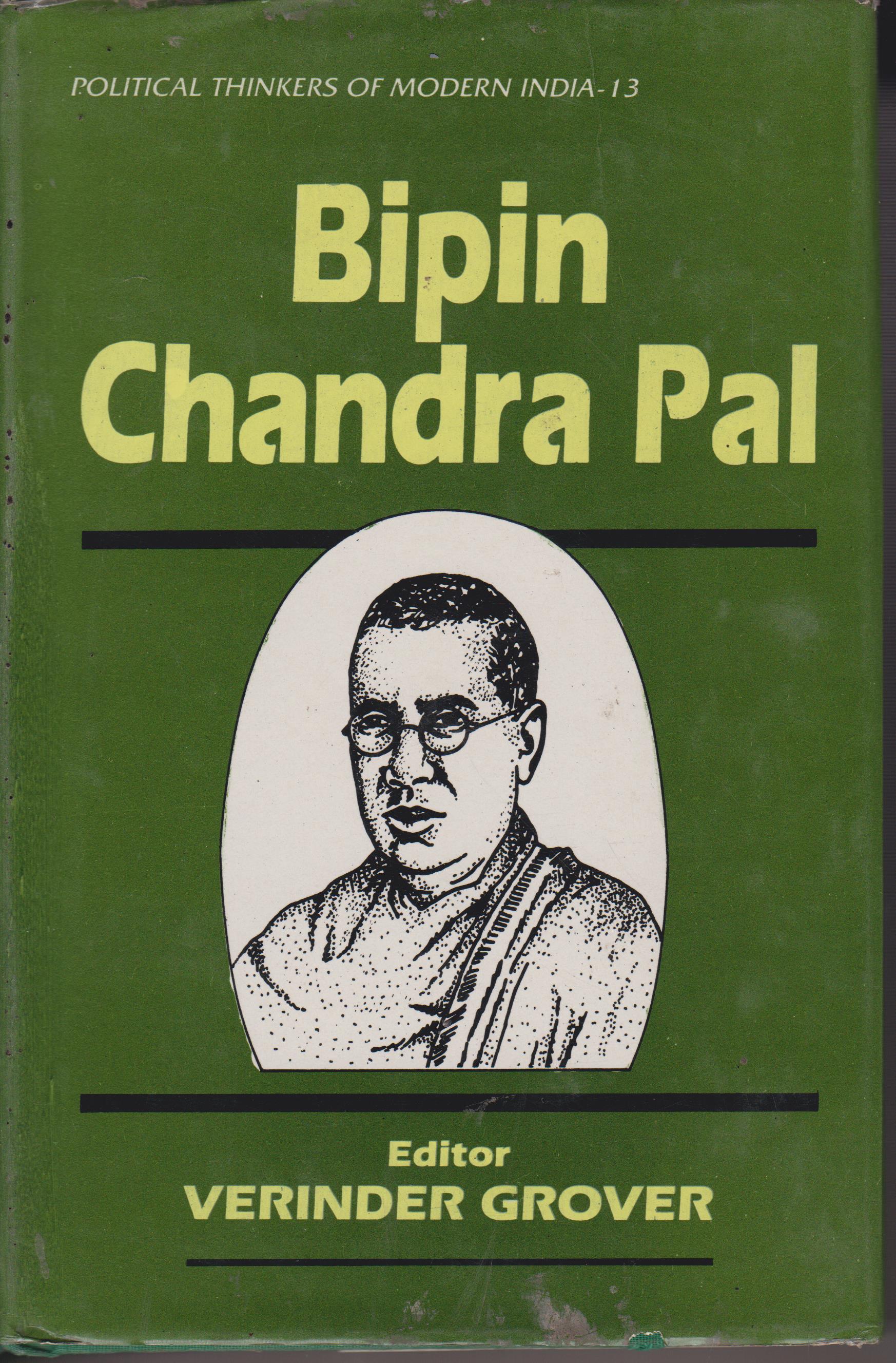
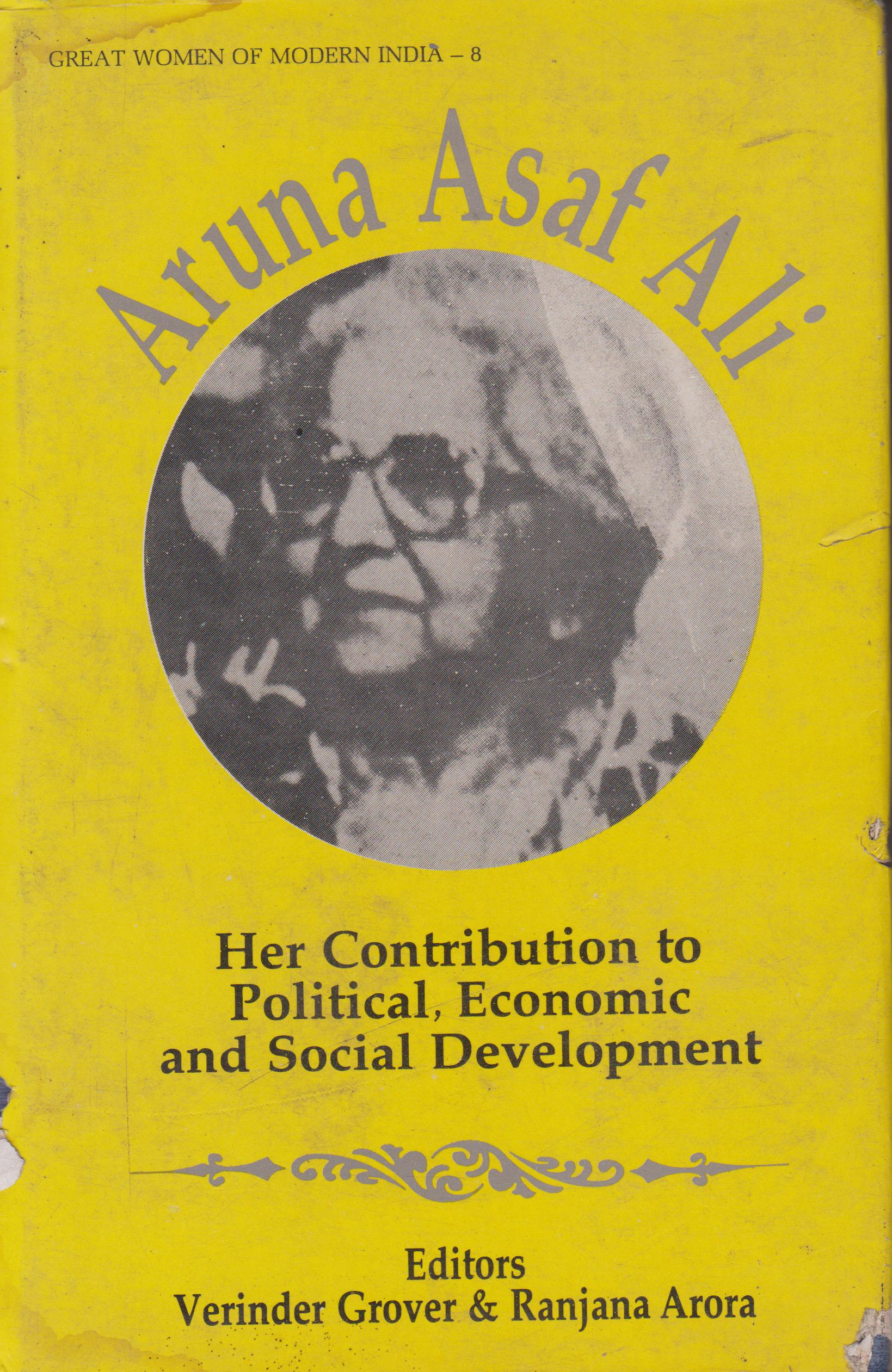
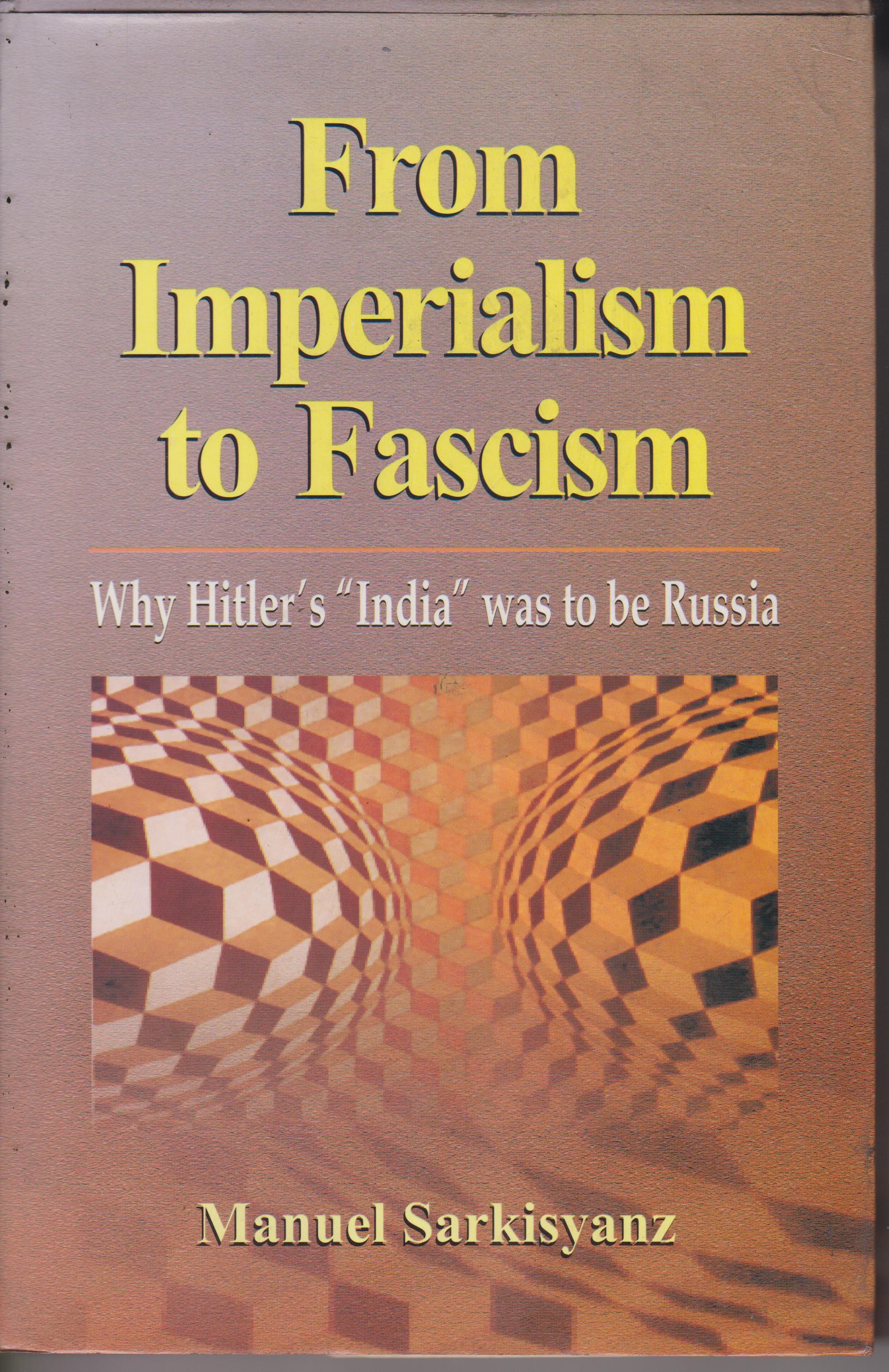
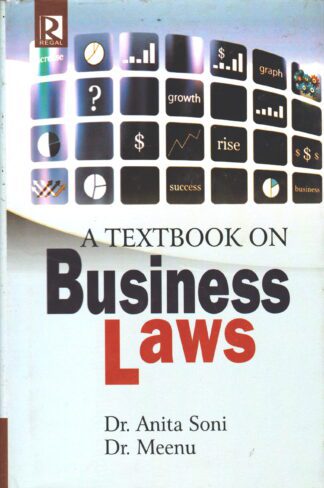

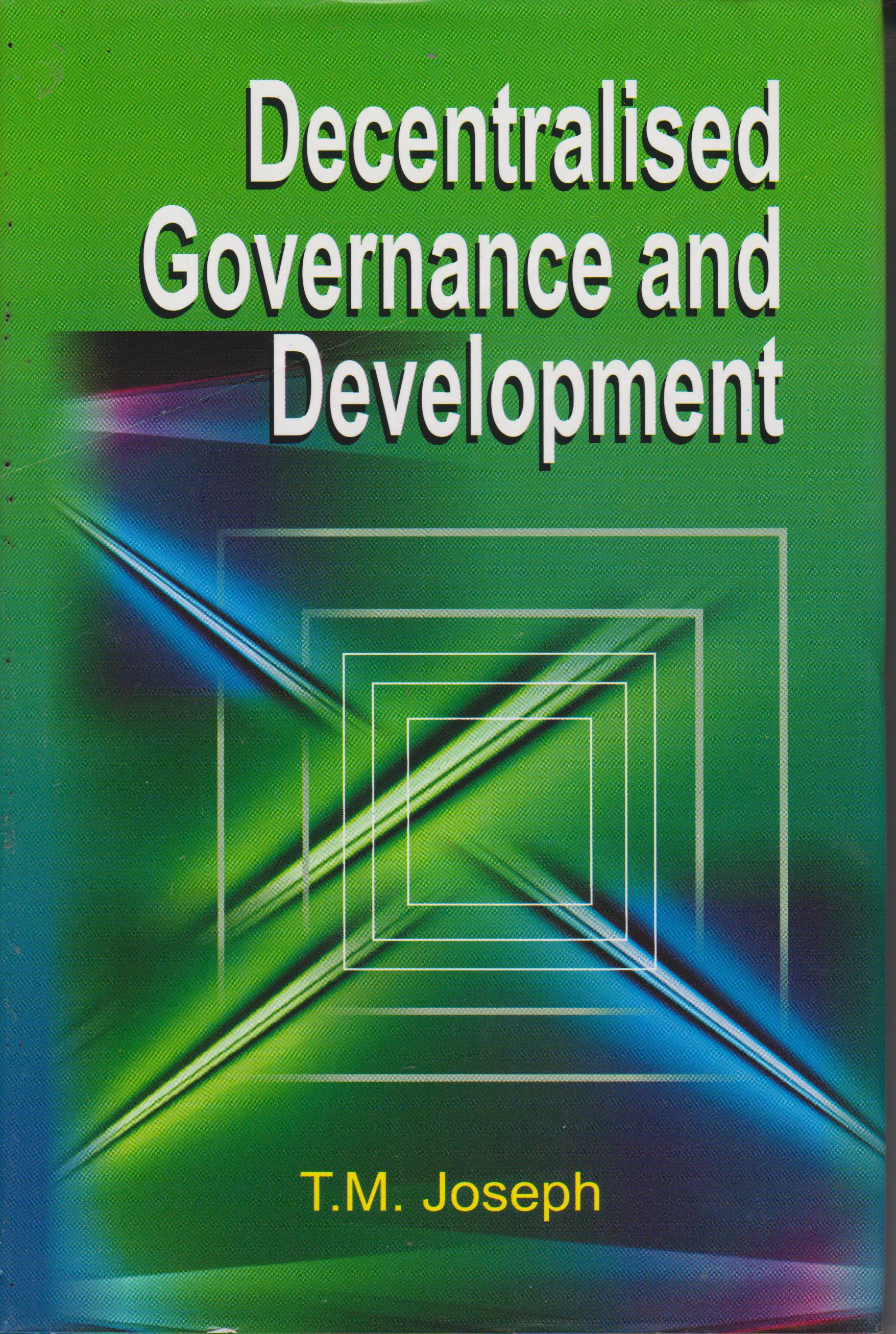
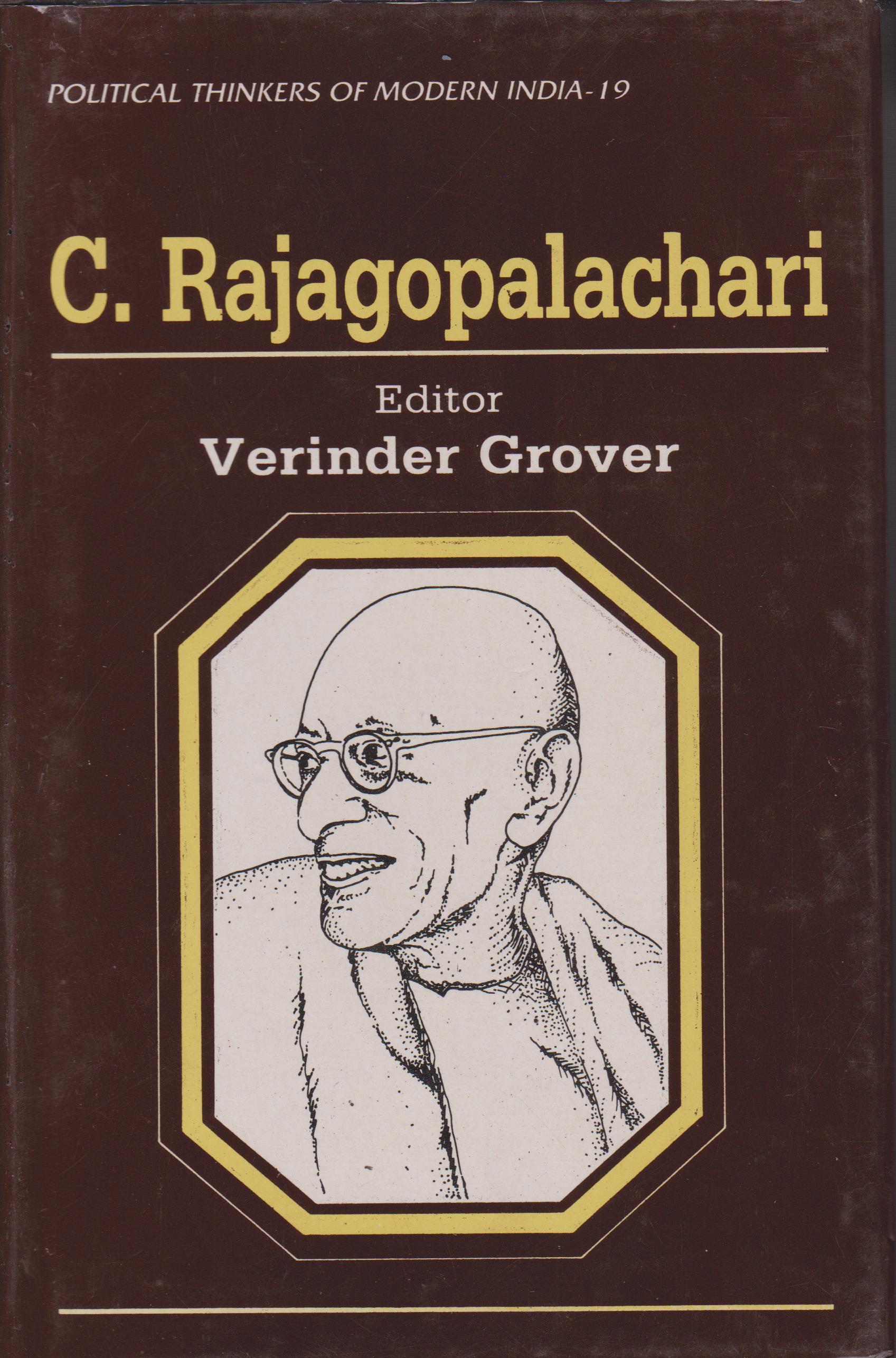
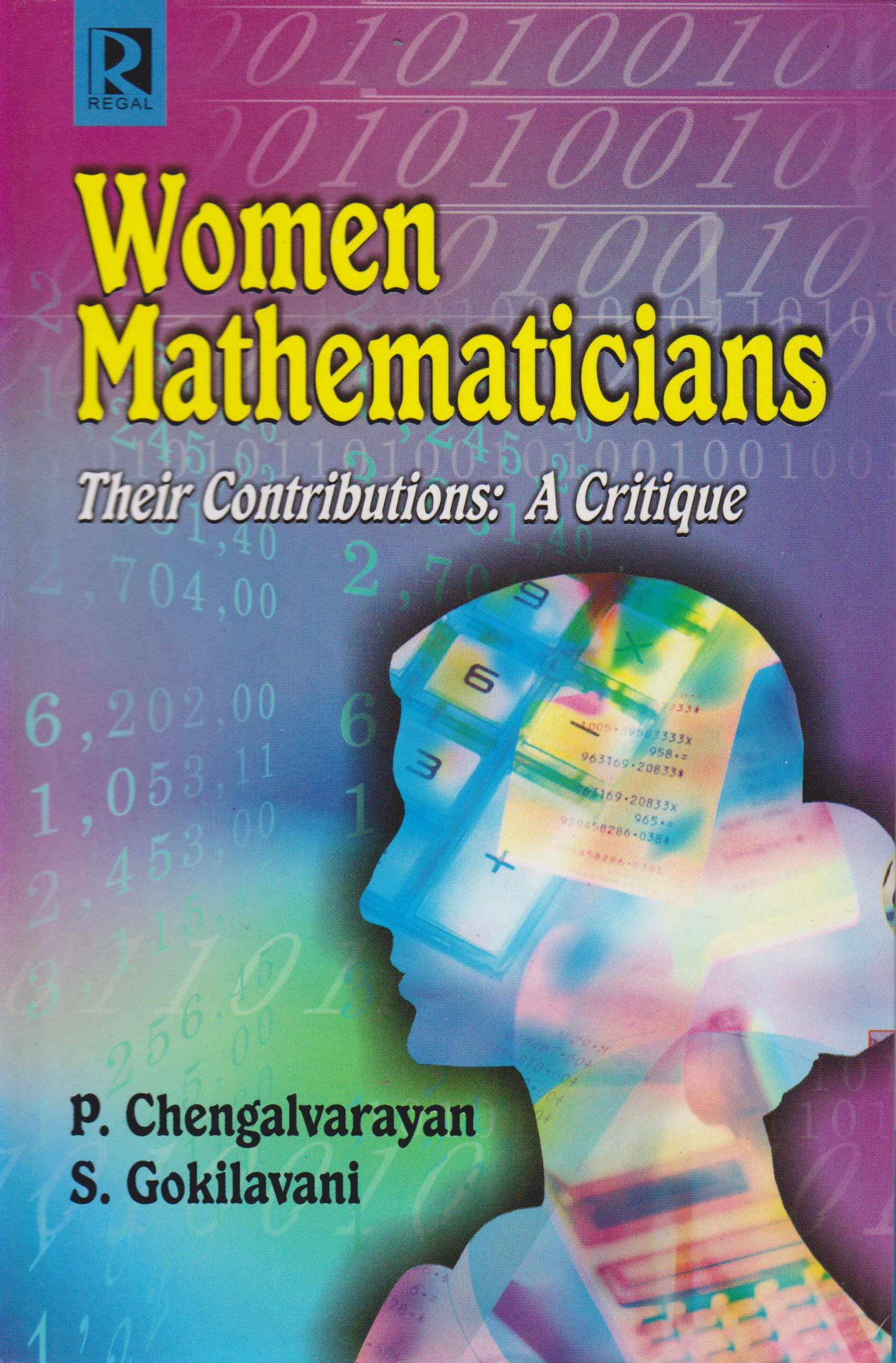
Reviews
There are no reviews yet.